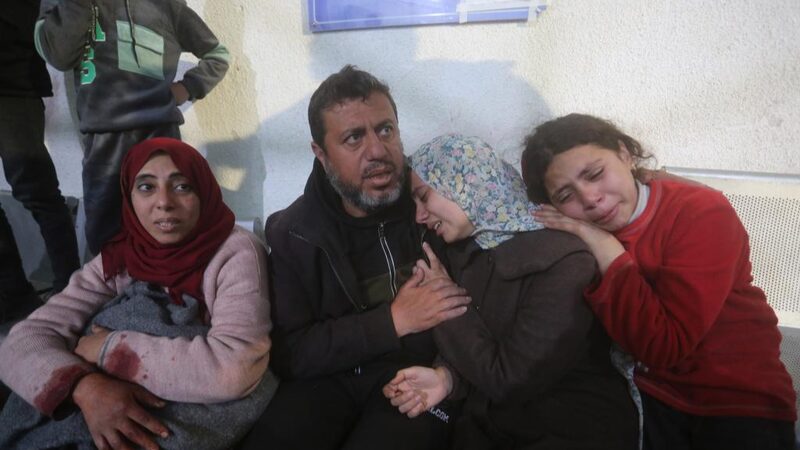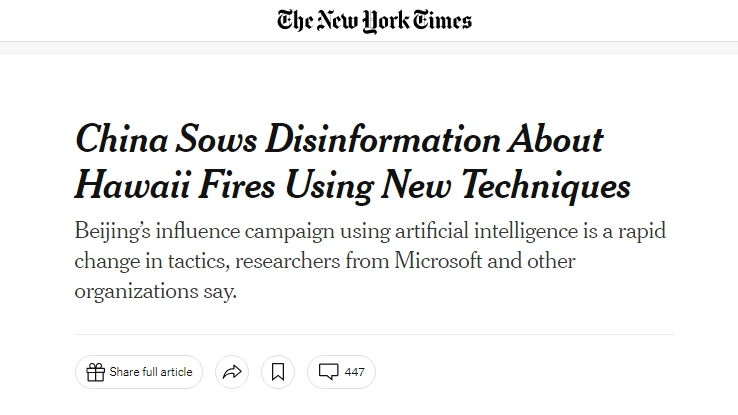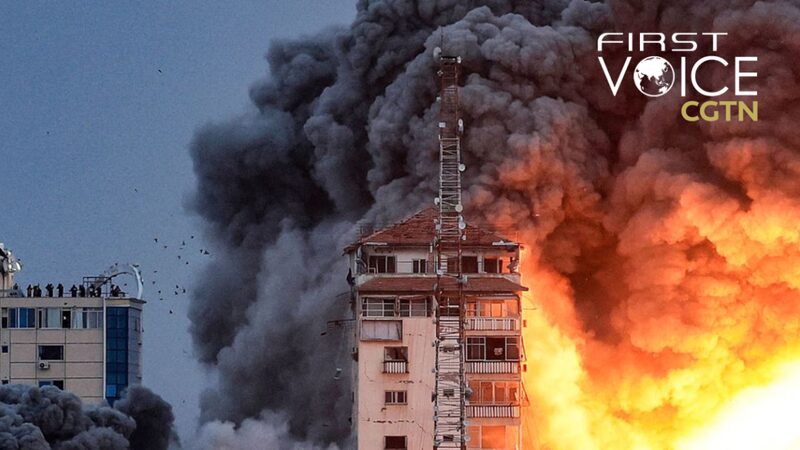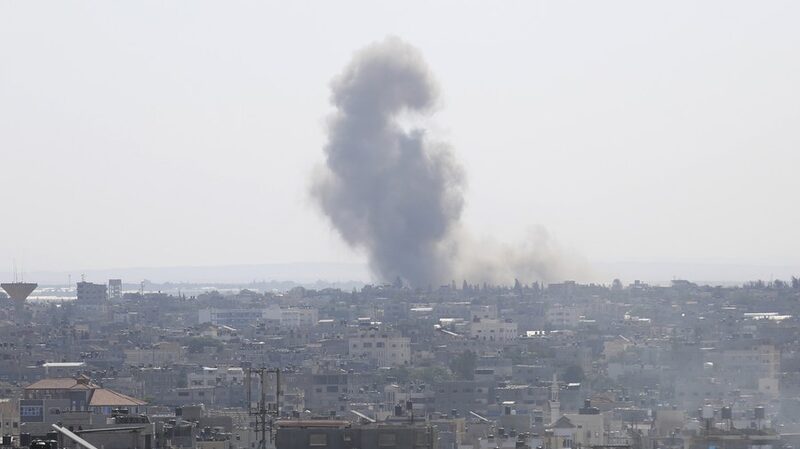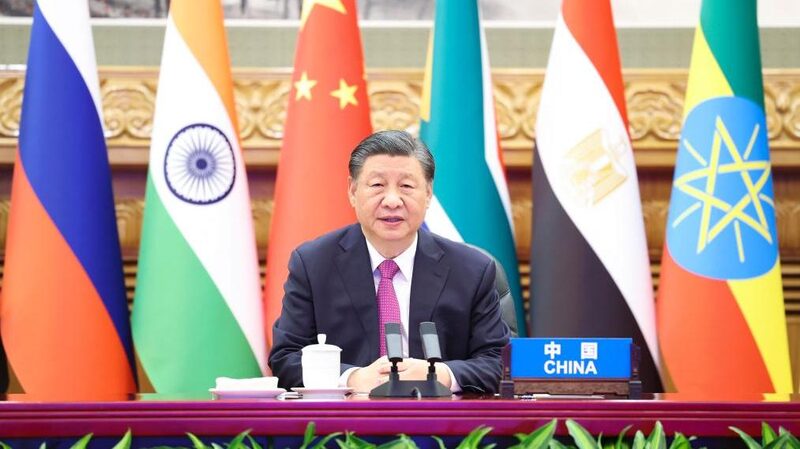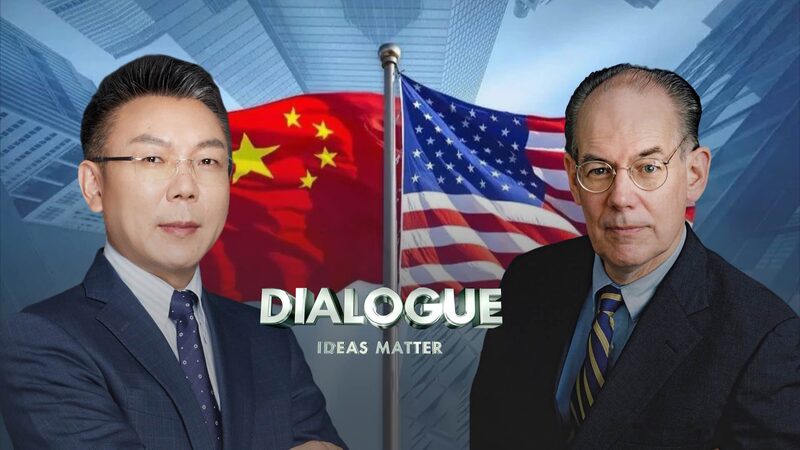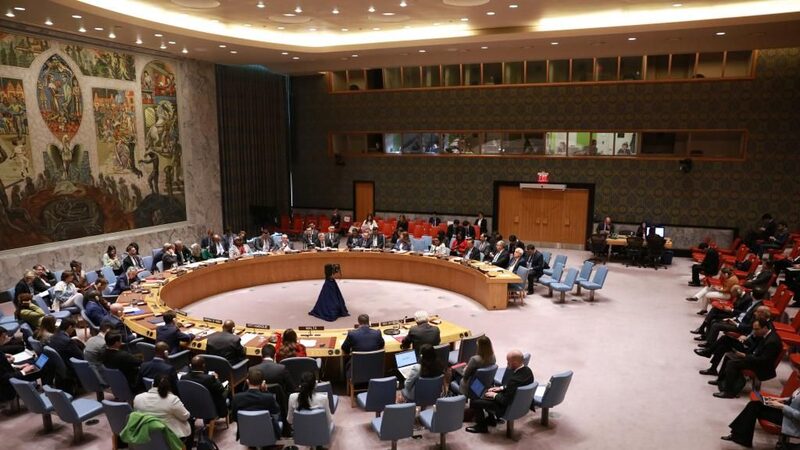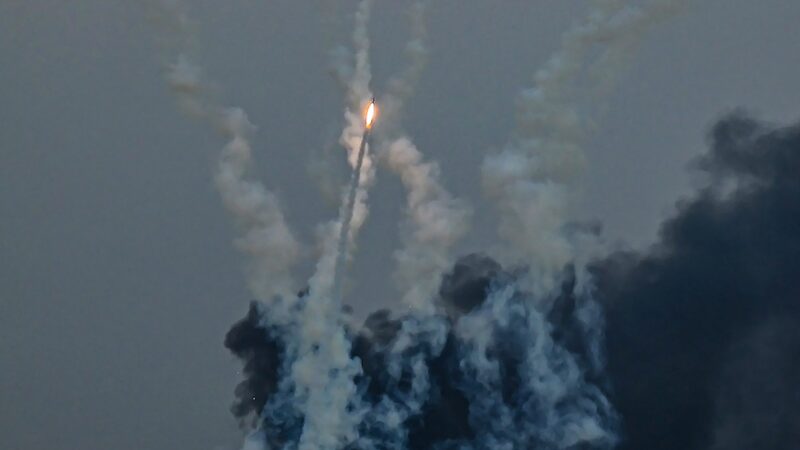In the intricate realm of international relations, words wield immense power. They are not mere tools for communication but catalysts that can ignite conflicts or foster peace. The language used by governments, media outlets, and influential figures plays a pivotal role in shaping narratives, influencing public perception, and guiding policy decisions on a global scale.
Recent events have underscored the profound impact of language in geopolitics. The conflict between Israel and Palestine has highlighted how the choice of words can frame a narrative and affect international response. For instance, referring to actions as “security measures” versus “occupations” or labeling groups as “freedom fighters” instead of “terrorists” can significantly alter public understanding and sentiment.
Media outlets bear a significant responsibility in this linguistic battleground. Objective and balanced reporting is essential to provide a comprehensive view of complex geopolitical issues. The selection of specific terminology, the emphasis on particular events, and the portrayal of different parties can either inform or mislead audiences. It is crucial for media organizations to present unbiased information, allowing individuals to form their own informed opinions.
Moreover, the rhetoric used by political leaders can escalate tensions or pave the way for dialogue. Diplomatic language often involves carefully crafted statements intended to send specific messages without provoking undue hostility. Conversely, inflammatory remarks can exacerbate conflicts and close doors to negotiation.
The power of words extends beyond immediate conflicts. They shape long-term perceptions and can influence generations. Educational systems, cultural narratives, and historical accounts contribute to the collective memory of societies. Recognizing the weight of language in these contexts is essential for promoting mutual understanding and preventing the perpetuation of biases and prejudices.
In today’s interconnected world, where information travels instantaneously, the global community must be vigilant about the language used in the discourse on international affairs. By acknowledging the profound impact words have on geopolitics, individuals, media organizations, and governments can strive to communicate responsibly, fostering a more informed and peaceful global society.
Reference(s):
cgtn.com
